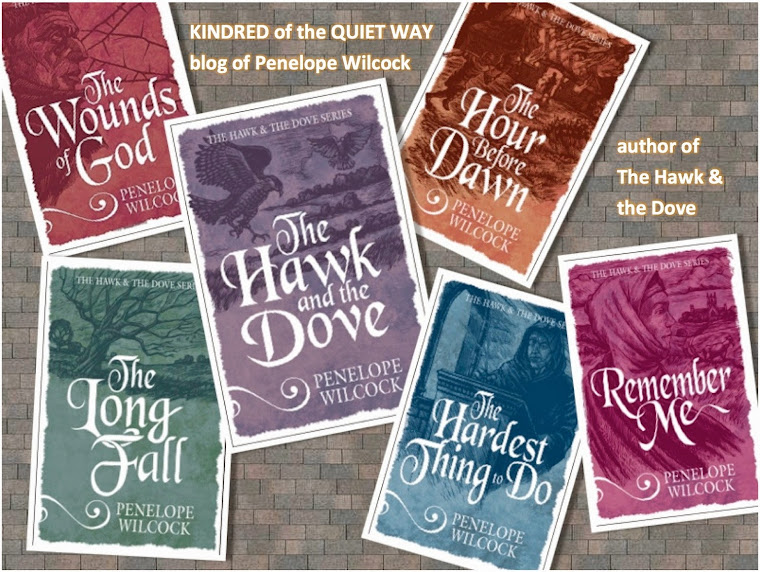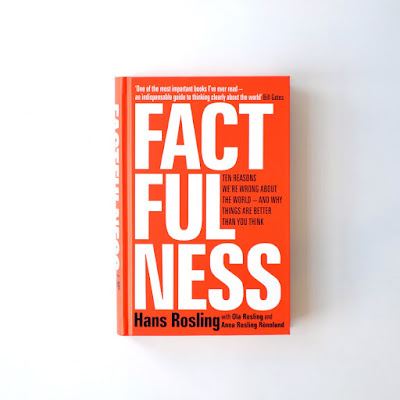Facebook is a wonderful phenomenon; I love the friendships made there, the intriguing and informative articles, the humour, the pictures and so much more. But in the end the antagonism, the drama, the rudeness and the sense of too much information became a strain; unhealthy and destructive of peace.
I've found in recent years the anxiety that has dogged my life growing to problematic levels; stopping me working, snagging at every happiness, sapping vitality. Setting boundaries and pruning connections, observing the discipline of a plain diet and a quiet life have become essential; Facebook had to go.
But a few days ago I can across a book as welcome as a pint glass of chilled spring water in a hot desert.
This:
I so recommend it to you.
I feel such admiration for the life out of which it was written — calm, sane, careful, disciplined, meticulous, kind, brave, adventurous, intelligent and compassionate.
It is about the imperative of establishing facts rather than succumbing to the allure of a dramatic world view.
It is informative and restorative. It re-establishes a sane perspective in a somewhat hysterical world.
Written with humour, forbearance and humility, without blaming or attacking, with both gentleness and authority, Hans Rosling's beautiful book brings balm to the fevered mind. I am so glad he wrote it, the last — posthumously published —work of a life dedicated to clarity and compassion.
The picture of the cover above is linked to Amazon UK — so far the book is only on pre-order in paperback, but you can buy it in hard-back or read it on Kindle now.
US Amazon has a slightly different cover, but it appears to be the same book and out now in hardback and Kindle. I've linkified this image too.














